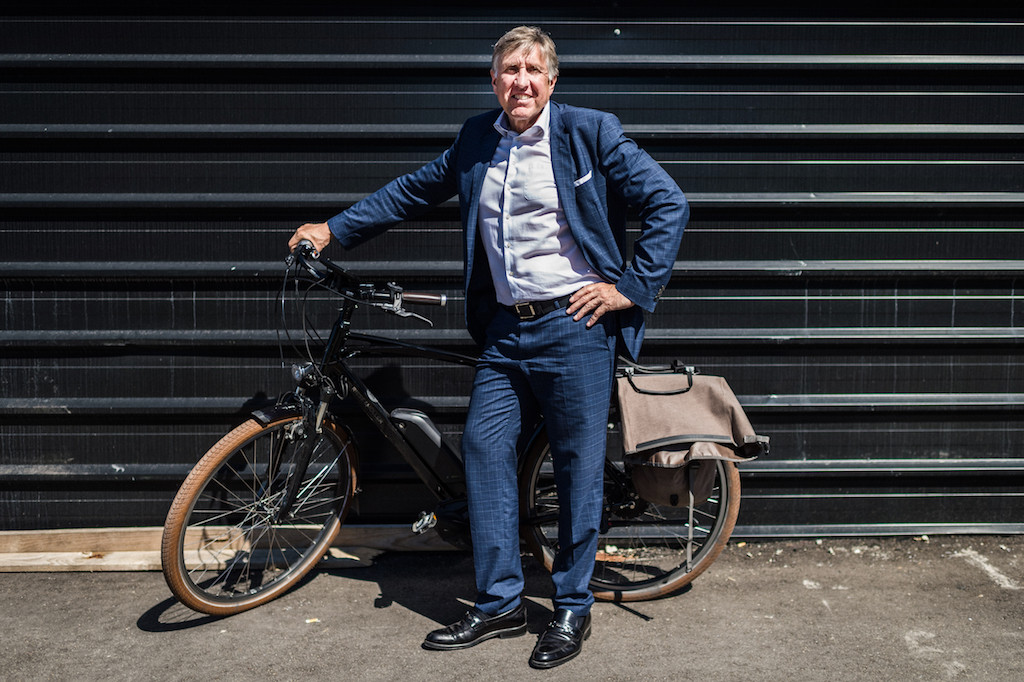Despite some a poll in June suggesting the electorate would most like to see a CSV-Déi Gréng coalition result from the election on 14 October, François Bausch remains cautious about the prospects of being in the next government. “I don’t really take notice of polls,” Déi Gréng’s minister for sustainable development and infrastructure told Delano in an interview this summer. “The only thing that pleased me is that Déi Gréng polled 2nd with 59%, just 3% behind the CSV, when voters were asked ‘which party do you absolutely want to see in the next government?’ That doesn’t mean that 59% will vote for us. But it means that many people acknowledge our work in government.”
However, whether that acknowledgment is translated into real gains at the election is another question. “If the people really do wish us to be in the next government, then they need to vote for us.”
Looking back at the 2013 political crisis that led to that October’s snap election, Bausch believes it led to a political earthquake in Luxembourg, not only because it was the first time in 40 years that the CSV was not in government. “It showed that there is a fourth party of government [Déi Gréng] and it proved that a three-party coalition could function. And that means that no single party can be certain of winning, which has livened up democracy.”
The minister argues that voters now have much more choice. He says that all four parties now have to take the others into account and bridge building is the order of the day. They will have to be much more human in their confrontation with each other. “It means the CSV can no longer be so arrogant as to think they will automatically be in government. Previously voters were basically deciding which party would govern in coalition with the CSV. That sort of thinking is over.”
Kingmaker title irrelevant
Bausch is adamant that if the current coalition between the Greens, the LSAP and Xavier Bettel’s DP gets a mandate to continue, then it would be the most normal thing in the world for it to take up that mandate. “I mean what government doesn’t wish to continue if it is the will of the electorate?”
On the other hand, if voters send a clear message that the Greens and the CSV are the two parties in favour, that is they both gain on their current number of seats, then Bausch says his party would have to be prepared to talk with the CSV about a programme. Not that he sees himself as any sort of kingmaker. “That sounds too arrogant. If the voters decide that we have been good for the country and want us to continue in government, then I would be happy. But whether I am a kingmaker is irrelevant.”
Click here to read Delano's interview with François Bausch, from our latest magazine.
